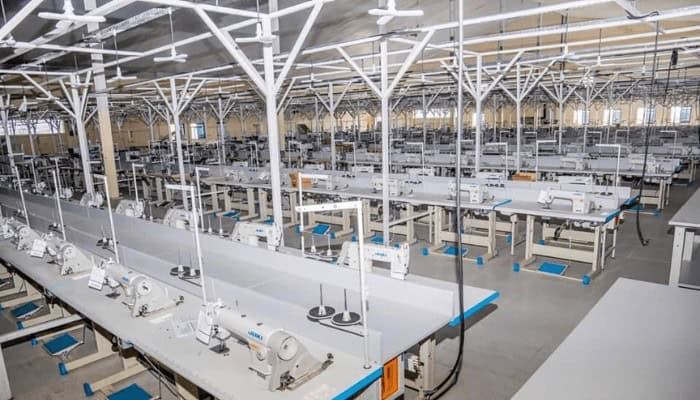As the economy shrinks further, Foreign suppliers’ rejection of letters of credit (LCs) amid unsettled foreign exchange obligations has worsened the economic woes facing manufacturers in Nigeria.
You may have noticed In recent months, rising operating costs as a result of the naira devaluation have weakened the purchasing power of consumers and dampened businesses in the manufacturing sector.
Melvin Anu, managing director/chief executive officer at Kerlin Products Nigeria Limited, disclosed that the situation has affected the company’s ability to source for raw materials used in producing wines and spirits, as one of his key suppliers of flavours – Germany — told them that the only way to place a local purchase order is by paying in dollars as the suppliers cannot give them the goods in naira.
George Onafowokan, managing director/chief executive officer at Coleman Technical Industries Limited, said most manufacturing businesses have shrunk as the working capital or funds available to manufacturers have reduced by 40-60 percent.
Three weeks ago several Nigerian businesses that rely on imports have been cut off by their foreign suppliers who are rejecting LCs and refusing to deliver goods without payment as foreign currency shortages worsen in Africa’s biggest economy.
Let me explain better; A letter of credit is a mode of payment used for the importation of visible goods. It is a written undertaking given by a bank at the request of its customer, in which the bank obligates itself to pay the exporter up to a stated amount within a prescribed time frame upon presentation of stipulated documents in exchange for goods.
Foreign suppliers were said to be demanding cash transfers into escrow accounts in place of LCs as faith in the Nigerian banking system wanes owing to the dollar shortage






